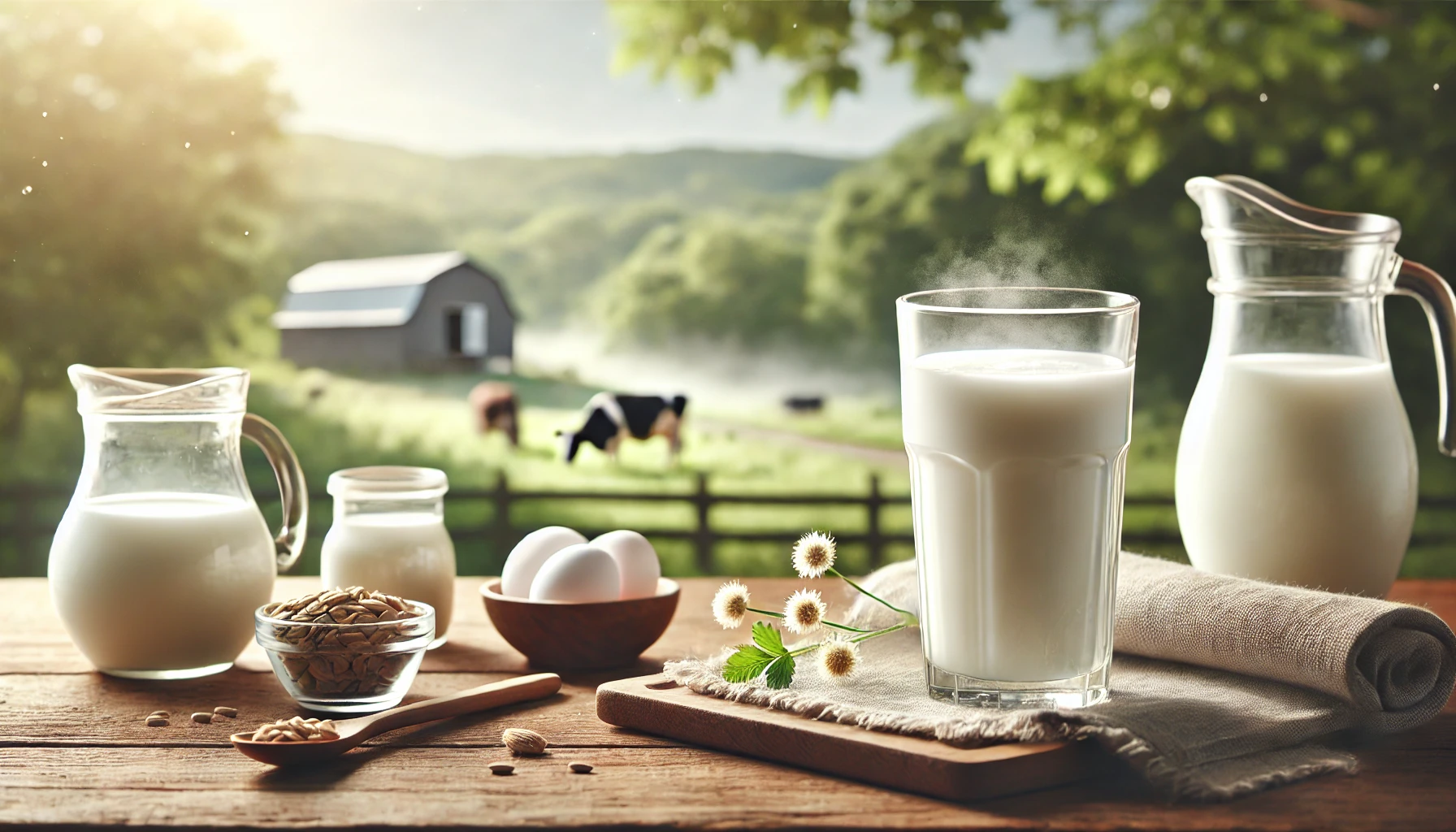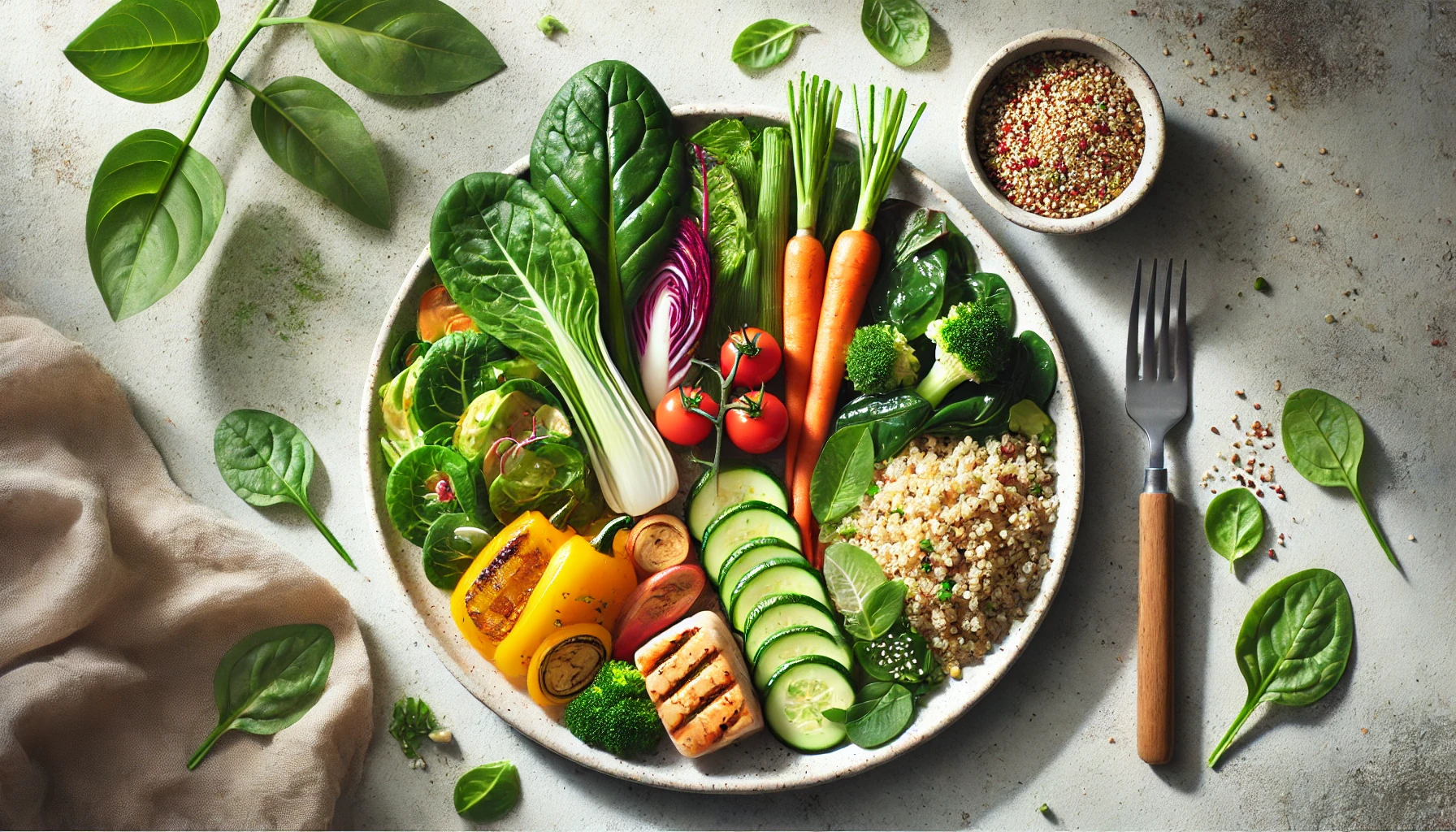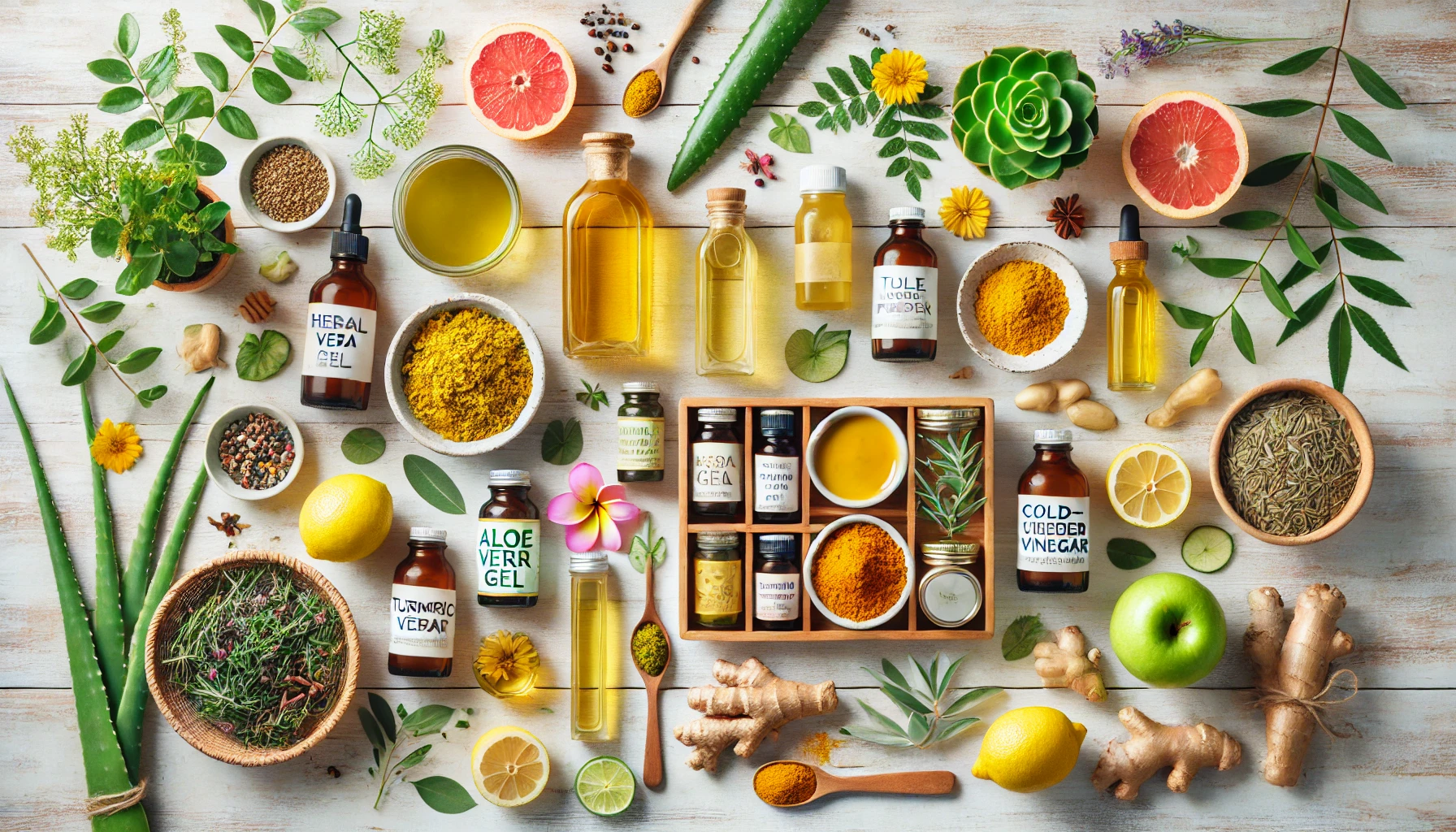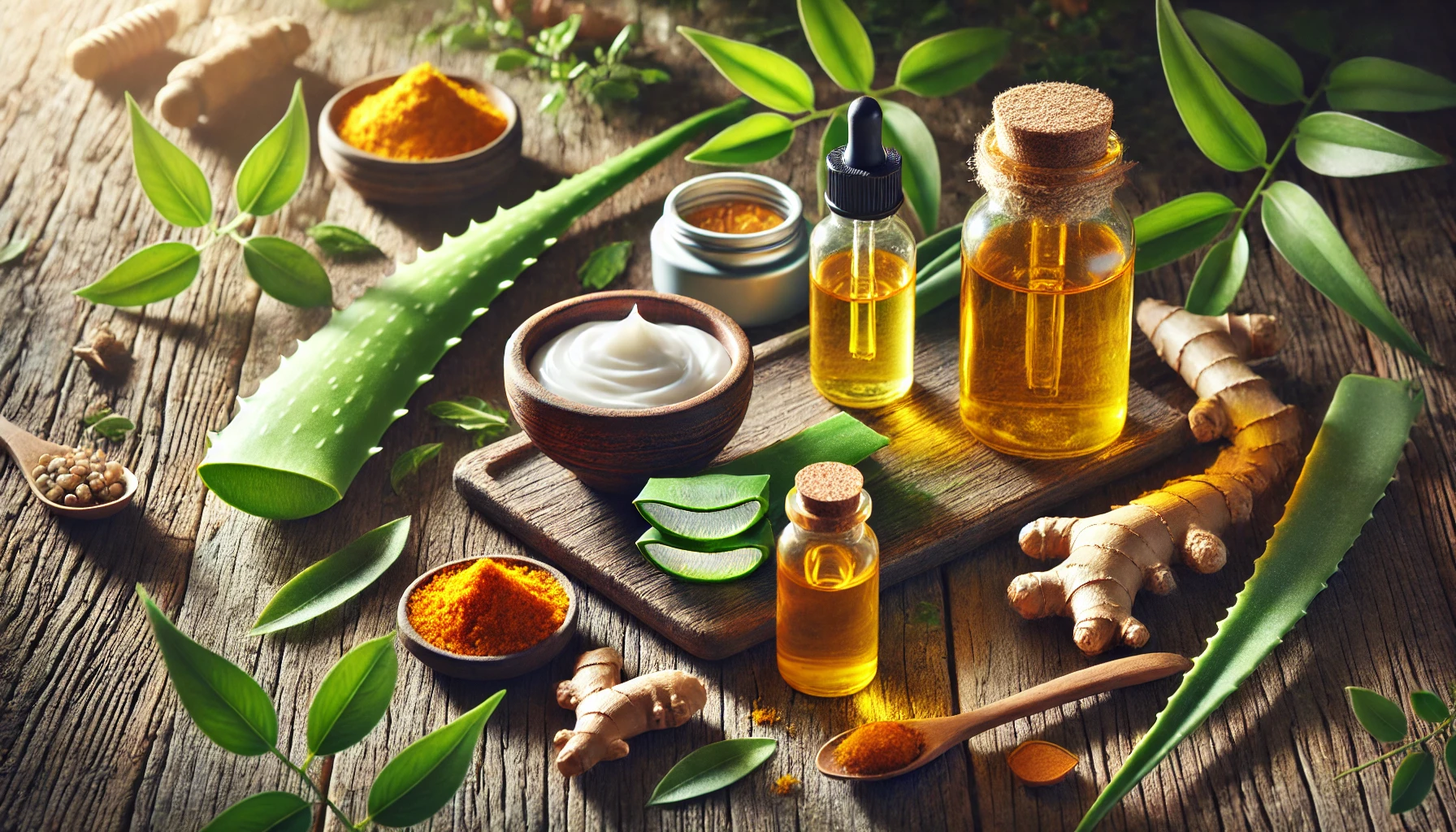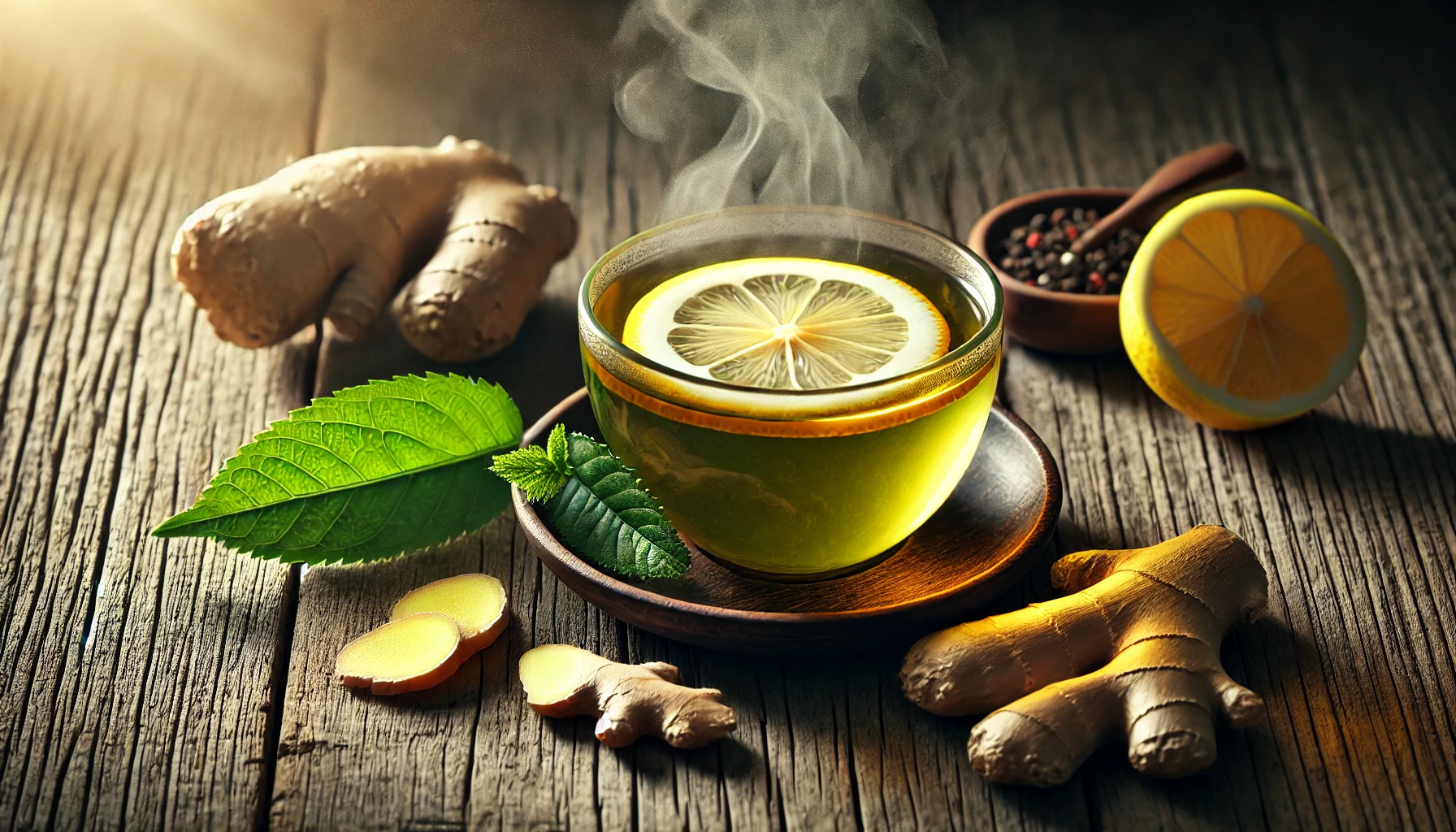Discover how much protein is in one glass of milk, its health benefits, expert opinions, and best alternatives. Learn why milk is a great source of high-quality protein!
Introduction
Milk is a staple in many diets worldwide, known for its rich nutritional value, especially its high protein content. But how much protein does one glass of milk actually contain? In this article, we explore the protein content in different types of milk, its benefits, expert opinions, and frequently asked questions.
Protein Content in One Glass of Milk
A standard glass of milk is considered to be 250 ml (approximately 8 ounces). The protein content in milk varies based on the type and source. Below is a breakdown of the protein content in different types of milk:
| Type of Milk | Protein per 250 ml |
|---|---|
| Whole Milk | 8 g |
| Skim Milk | 8.3 g |
| Low-Fat Milk | 8.2 g |
| Goat Milk | 9 g |
| Soy Milk | 6.5 g |
| Almond Milk | 1 g |
| Oat Milk | 3 g |
| Coconut Milk | 0.5 g |
| Rice Milk | 1 g |
Benefits of Protein in Milk
1. Muscle Growth and Repair
Milk contains high-quality protein that helps in muscle growth and repair, making it an excellent choice for athletes and fitness enthusiasts.
2. Supports Bone Health
Protein, along with calcium and vitamin D in milk, contributes to strong bones and teeth, reducing the risk of osteoporosis.
3. Aids in Weight Management
Milk proteins help increase satiety, keeping you full for longer, which can aid in weight management.
4. Boosts Immunity
The amino acids found in milk proteins support immune system function, helping to protect against infections and diseases.
5. Helps in Muscle Recovery
Drinking milk after exercise helps in muscle recovery and prevents soreness due to its optimal combination of protein and carbohydrates.
Expert Opinions
Dr. Ramesh Sharma, Nutritionist
“Milk is one of the best sources of complete protein. It contains all nine essential amino acids needed for bodily functions. Including a glass of milk in your diet can significantly improve muscle and bone health.”
Dr. Priya Malhotra, Dietitian
“If you’re lactose intolerant, plant-based alternatives like soy milk can provide good protein content. However, almond, oat, and rice milk have significantly lower protein levels compared to dairy milk.”
FAQs
1. Which type of milk has the most protein?
Goat milk has the highest protein content, followed closely by cow’s milk.
2. Is milk a complete protein?
Yes, milk is a complete protein because it contains all nine essential amino acids required by the body.
3. How does the protein content of milk compare to eggs?
One large egg contains around 6 grams of protein, while a glass of whole milk contains around 8 grams, making milk a good alternative source of protein.
4. Can lactose-intolerant people get enough protein from milk alternatives?
Yes, soy milk is the best plant-based alternative in terms of protein content, providing around 6.5 grams per glass.
5. Is milk protein good for weight loss?
Yes, milk protein helps in weight loss by keeping you full for longer and preserving muscle mass during calorie deficit.
Conclusion
Milk is a rich source of protein, making it an essential part of a balanced diet. With 8 grams of high-quality protein per glass, it is beneficial for muscle growth, bone health, immunity, and overall well-being. Whether you choose dairy or plant-based alternatives, selecting the right type of milk based on your dietary needs can provide essential nutrition. Always consult a healthcare professional for personalized dietary recommendations.
